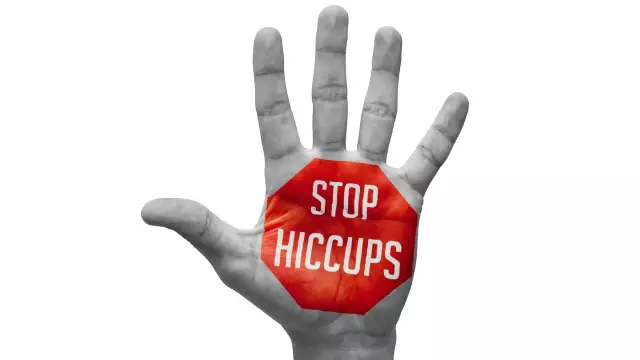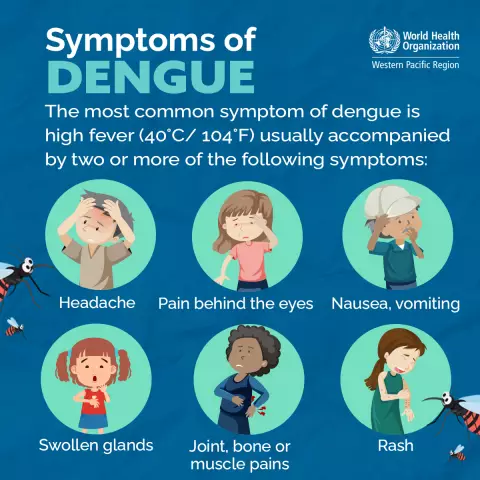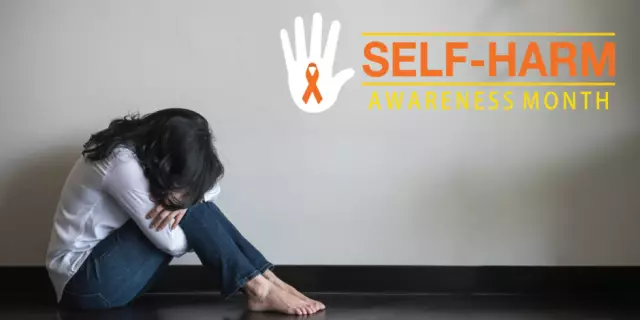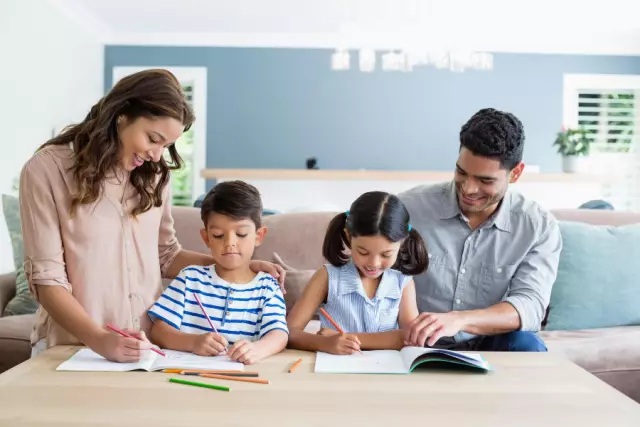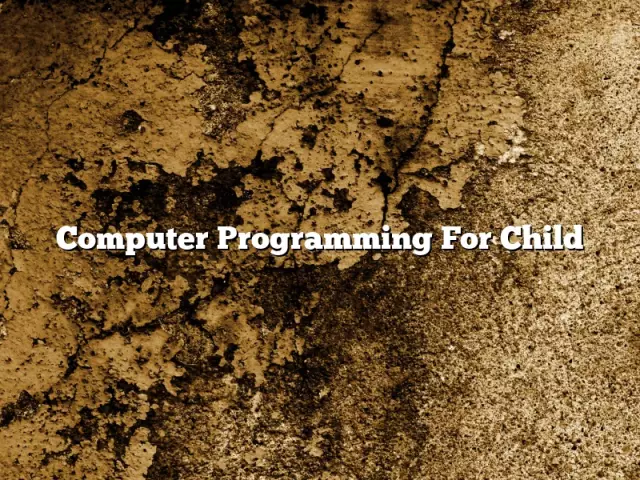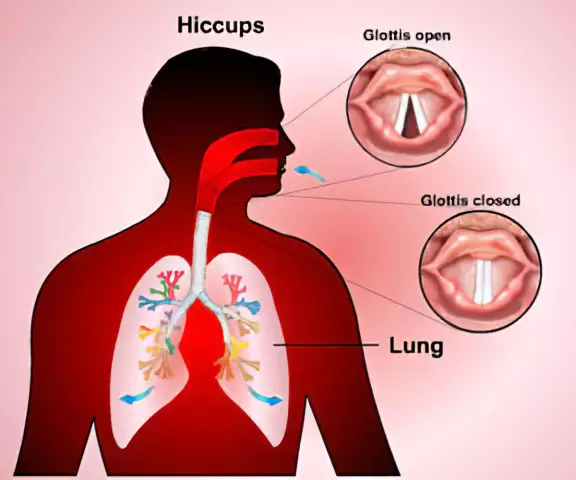- Author Rachel Wainwright wainwright@abchealthonline.com.
- Public 2023-12-15 07:39.
- Last modified 2025-11-02 20:14.
Baby hiccups
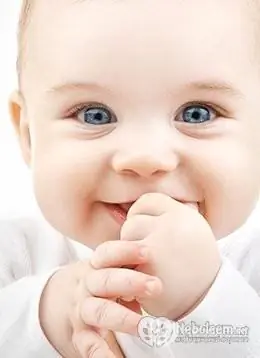
Hiccups is a nonspecific dysfunction of external respiration resulting from a series of convulsive contractions of the diaphragm of a jerky nature. Parents are often interested in what to do if a child hiccups, and whether it is dangerous. When it comes to babies, many mothers are sure that this is due solely to hypothermia, and they try to wrap the baby warmly. However, according to doctors, hiccups are a fairly harmless and quickly passing phenomenon. The reasons that cause it can be varied, and only in rare cases, hiccups are a reason to see a doctor.
Causes of hiccups
According to Dr. Komarovsky, the reason that the child hiccups is the twitching of the diaphragm. This can be caused by air or gas pushing up the stomach, which in turn irritates the diaphragm. In newborn babies, this is more common among those who are bottle-fed.
However, sometimes babies who are breastfeeding on demand are also overeating. In most cases, this is due to prolonged feedings (up to half an hour) or in cases where the milk is very fatty. Normally, a healthy baby needs 15 minutes to satisfy hunger and no more than 10 minutes to satisfy the sucking reflex. In addition, too long and frequent feedings can cause disturbances in the entire digestive system.
With normal weight gain and adequate drinking regime, the reason a baby hiccups after eating may be gas in the upper intestine. They put pressure on the stomach, pushing it up. Because of the discomfort in the intestines, the baby tries to tighten the abdominal muscles and release gas, and as a result, it affects the diaphragm and begins to hiccup.
Another reason why a baby hiccups after eating is if air gets into the stomach when sucking too actively. It presses on the thin walls of the digestive organ, causing hiccups.
Also, Dr. Komarovsky believes that the child often hiccups not from hypothermia, as many parents think, but due to adaptation to changes in ambient temperature. Therefore, in the absence of other evidence that the baby is cold, it is not necessary to wrap him up more than necessary.
In addition, any emotional shock (many strangers, sharp noises or sudden switching on of the light) is stressful for the newborn and the reason that the baby hiccups. Also, hiccups can be caused by a failure in the rhythm of breathing.
What to do if a child hiccups after eating
If the baby often hiccups after feeding, the following recommendations should be considered:
- On artificial feeding - you need to take care of the correct drinking regime. If this does not help, you need to consult a pediatrician and try a different mixture. Also, to avoid air entering the stomach, pediatricians recommend using special anti-colic bottles;
- Breastfeeding - a nursing mother is advised to drink more fluids and not abuse fatty foods. This will make the milk less greasy, which will help you avoid overeating.
In cases where the baby hiccups after feeding, it is necessary:
- Hold it upright. The "column" position helps the accumulated gaziks to move away easier and faster, which will eliminate the cause of the hiccups;
- Give water to the baby;
- Pat on the tummy. The clockwise circular motion stimulates digestion and helps to even out breathing.
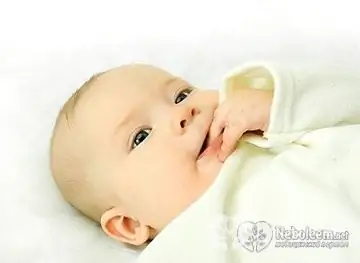
A good preventative measure to help improve digestion and prevent gas formation is to lay the baby on his tummy before feeding.
As a rule, if a child does not hiccup often, this is not a reason to see a doctor. However, the examination is recommended in cases where:
- Hiccups last more than an hour;
- In addition to hiccups, swallowing disorders and general malaise are noted.
In other cases, hiccups are a normal physiological phenomenon that does not require medical intervention. According to Dr. Komarovsky, freezing and hungry children grow up the healthiest. Therefore, if a child hiccups, it is worth, first of all, not to try to dress them warmer, but to reconsider the feeding regime. In addition to the fact that in this case the risk of hiccups is significantly reduced, this will have a positive effect on the health of the baby as a whole.
Found a mistake in the text? Select it and press Ctrl + Enter.

